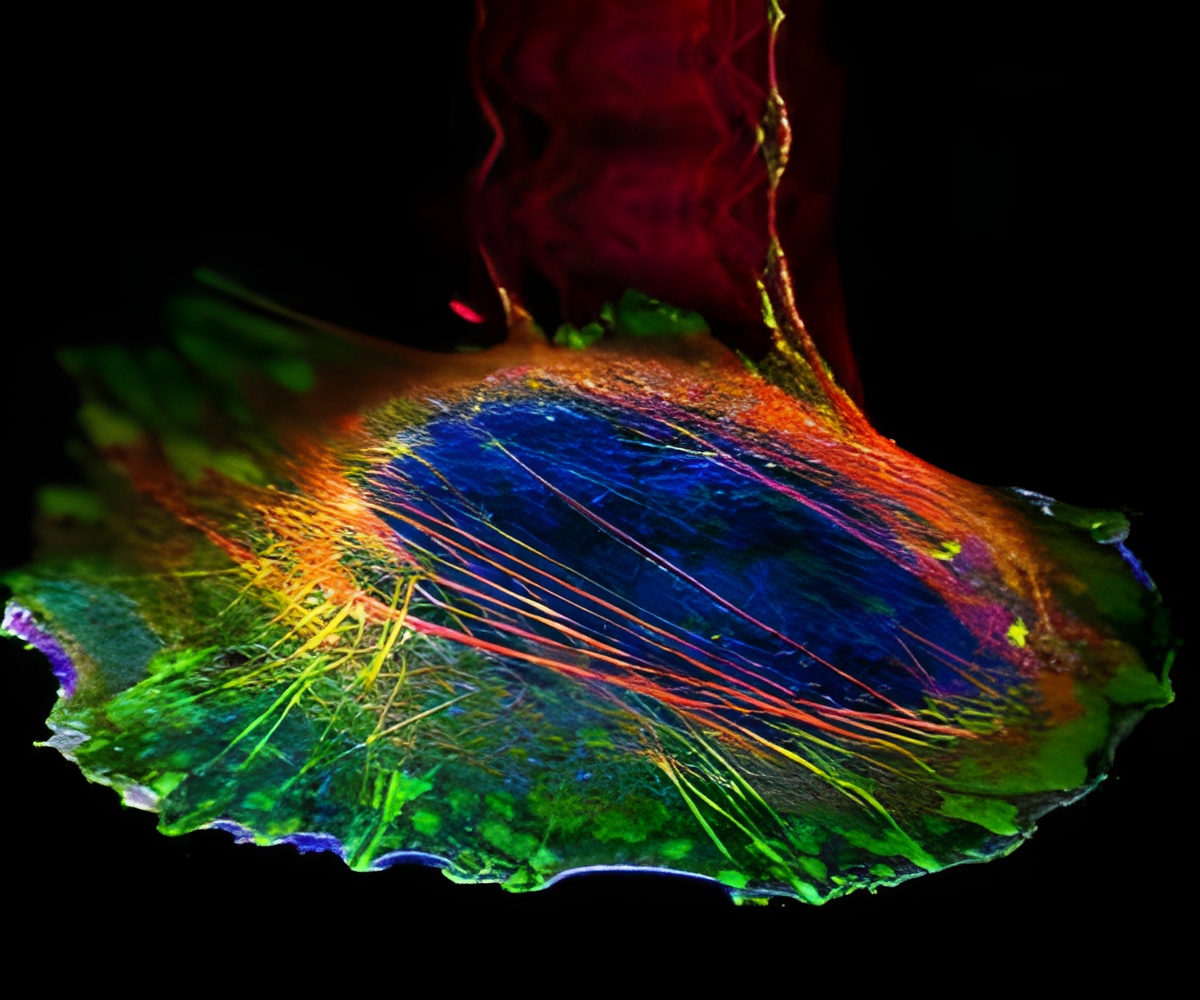Metastasis is responsible for 90% of cancer deaths and understanding the mechanisms responsible for this process is one of the prime objectives of the research.

Esteller said, "Metastasis is responsible for 90% of cancer deaths and understanding the mechanisms responsible for this process is one of the prime objectives of the research."
Researchers compared the genetic material in the primary tumor’s cells with the genetic material from metastasized cells in the same patient. Looking for differences, they found that among all patient’s genes, there is just one that clearly differs between those two groups. That gene, known as TBC1D16, in the initial tumor is inactive or dormant, while in the metastasized phase it is still active.
Esteller said, "This gene turns on like a light-bulb to guide metastasis and cause those cells to escape from their birth site. Specifically, what this gene does is to activate two more potent oncogenes, BRAF and EGFR, thus stimulating metastasis. There is already a drug on the market that acts against these oncogenes and another is currently in clinical trials. The next step is to convince pharmaceutical companies to include the TBC1D16 marker in their clinical trials."
The study will be published in the Nature Medicine.
Source-Medindia
 MEDINDIA
MEDINDIA



 Email
Email










